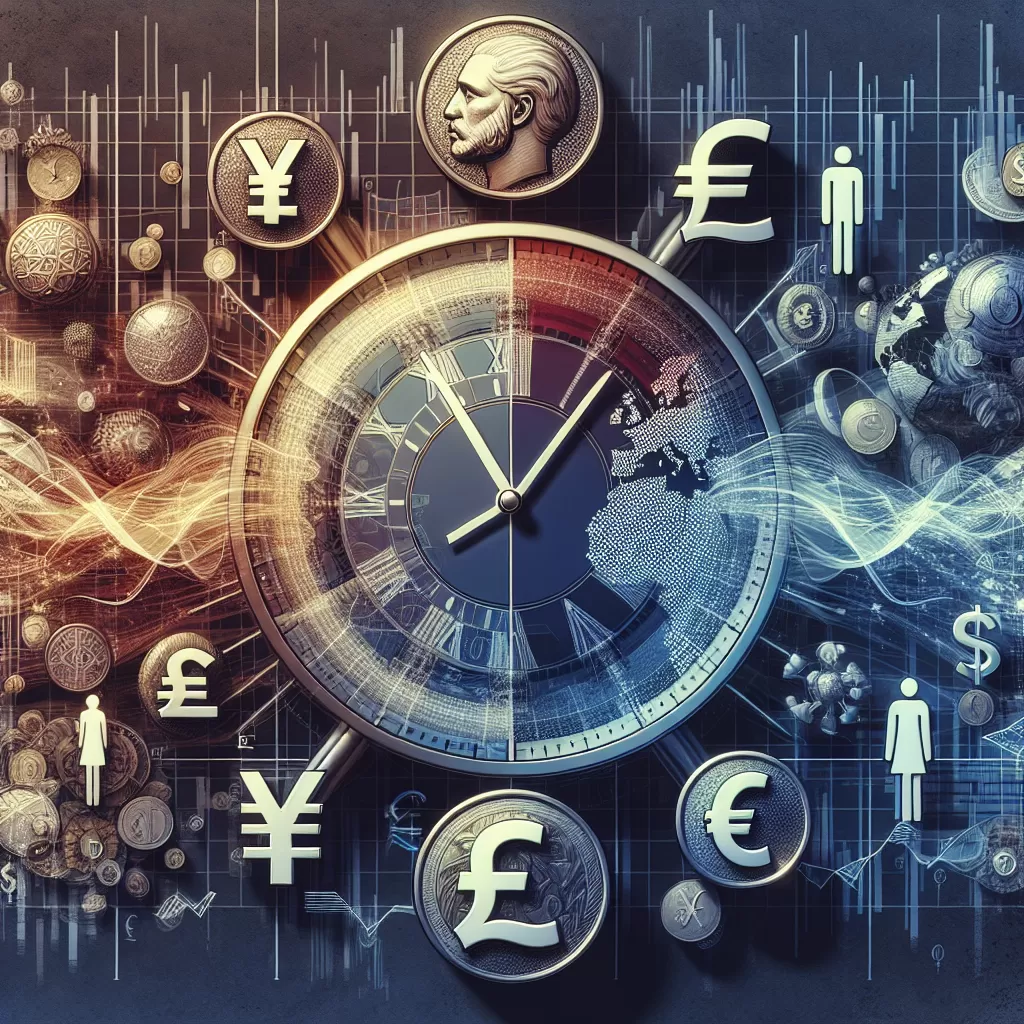How Often Does Currency Exchange Rate Change
Follow Currency Mart April 10, 2024
Where to purchase Foreign Currencies?

Introduction
Foreign exchange rates, the value of one nation's currency in terms of another's, continually fluctuates due to several factors. They shape the global financial market and dictate international trade and investment decisions. Reading this article will enhance your understanding of why and how often currency exchange rates change.Basics of Currency Exchange Rates
Currency exchange rates depict the worth of one country's currency against another. These rates prove fundamental in international trade, business operations, tourism, and geopolitics. They fluctuate based on several factors such as inflation, public debt, political stability, and economic performance. This guide explores these forces and provides a deeper insight into the frequency and drivers of exchange rate changes.Why Currency Exchange Rates Fluctuate
The currency exchange rate is a floating one, meaning it changes from moment to moment. A complex string of factors influences its fluctuations. Inflation rates are one such Primary driver. Countries with lower inflation rates experience a rise in the value of their money. Lower inflation escalates a nation's currency value as its purchasing power increases relative to other currencies. Interest rates also play a pivotal role. When a country's interest rates rise, its currency strengthens because higher interest rates provide higher returns to investors - known as 'hot money flows' - and this influx of investment increases demand for the country's currency. Furthermore, political stability and performance dramatically affect the country's economic performance. Countries with less risk for political turmoil are more attractive to foreign investors, prompting a stronger national currency as investors drive demand.Floating vs. Pegged Exchange Rates
Two primary types of exchange rate systems exist worldwide: floating and pegged. In a floating system, market forces - supply and demand - dictate currency values. These rates fluctuate freely, often triggered by geopolitical events, fiscal policy changes, varying interest rates, and inflation trends. With pegged exchange rates, a government directly intervenes to keep the value of their currency within a specific range connected to a stable economic benchmark – often precious metals like gold or a robust currency like the US Dollar. However, even pegged rates can experience shifts under substantial economic pressures.The Frequency of Currency Exchange Rate Changes
Because of the continuous variance in factors such as interest rates, inflation rates, political happenings, and economic reports, currency exchange rates can change as often as every few seconds. The lion's share of changes happens during weekdays when the global financial markets are open. While checking exchange rates every five minutes might not be practical for most, it's important for those engaged in foreign exchange trading or for businesses that deal heavily with international transactions to keep a close eye on rate changes and trends.Currency Trends and Future Predictions
Predicting the future of currency exchange events is complex due to the myriad of interlinked factors influencing rates. Economic models offer some prediction ability, but they can't capture all the nuanced ways these factors interconnect. However, most financial experts agree that understanding historical trends and current global events can provide valuable insight. They offer vital clues to the potential future movements of currency exchange rates.Conclusion
Knowing how often and why currency exchange rates change is essential in our increasingly global economy. These constant fluctuations impact global trade, investments, and even the price of goods and services - highlighting their importance to both large corporations and everyday consumers alike. By better understanding these changes, you can make intelligent financial decisions and harness the potential inherent in the dynamic world of international currency exchange.
Where to purchase Foreign Currencies?